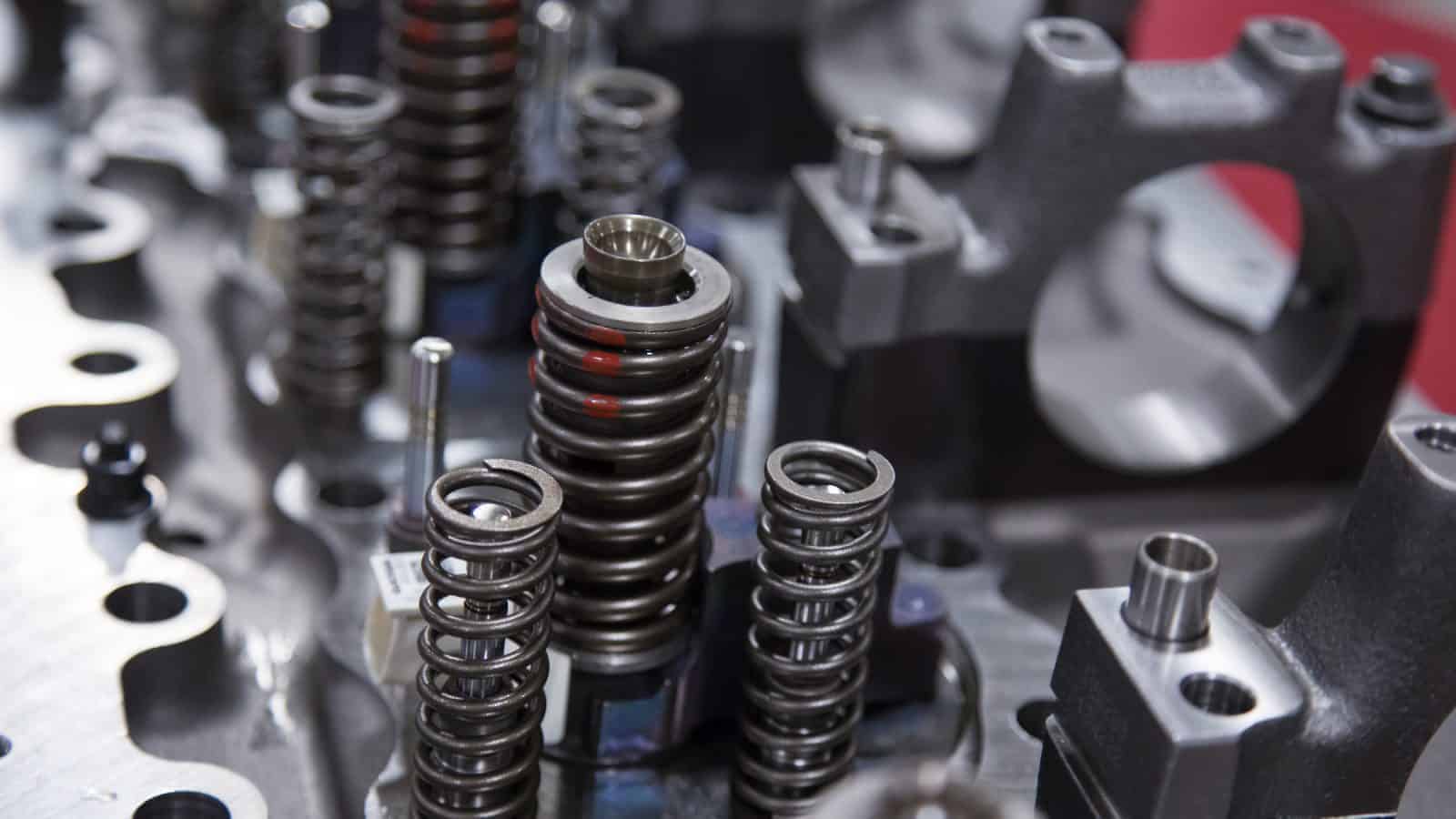Tax Reform Repeal Would Lead To Lost Jobs, Wages in U.S. Manufacturing
NAM survey data suggests repealing tax reform would strike a major blow to manufacturing jobs, wages and investments.
While some politicians in Washington and presidential candidates across the country are openly discussing rolling back key parts of the historic tax reform bill signed into law back in 2017, the National Association of Manufacturers’ latest survey data paints an alarming picture of the impact such a move would have on the U.S. economy and the manufacturing industry in particular.
According to the NAM’s Manufacturers’ Outlook Survey from first quarter of 2019, two thirds (66 percent) of manufacturers would be forced to consider cutting back investments in the United States if Congress rolled back portions of the tax reform bill, while 62 percent would scale back projected growth in wages and bonuses. Meanwhile, more than half (54 percent) would cut back on hiring.
“These are scary numbers,” Chris Netram, NAM’s Vice President of Tax and Domestic Economic Policy, said.
The Tax Cuts and Jobs Act took the U.S. tax code from one of the least competitive among advanced economies to “just about average,” Netram said. “Backsliding to uncompetitive rates and policies tells companies that operate in a global supply chain that the U.S. is not open for business. It will force them to look elsewhere.”
“Long term, the global economy will still continue to grow,” Netram said. “But the United States won’t capture as much of it.”
Because taxes are a fixed cost in any investment, raising taxes drives the required rate of return on any investment even higher, raising the threshold for what would make an investment profitable and changing the calculus for businesses planning future investments in equipment and employees.
Small manufacturers have benefited from tax reform’s provision allowing for a 20 percent deduction of “pass-through” small business income. While much of the discussion in Washington has focused on the corporate tax rate, far more manufacturers file as pass-through businesses, meaning smaller firms would bear the brunt of a full tax reform repeal.
“The number of pass-throughs dwarfs the number of corporate filers,” Netram said. “If you were looking to harm small manufacturers, reducing or repealing the pass through deduction is how you’d do it. That’s one thing that’s so alarming about what some leaders are talking about in Washington.”
The NAM has conducted its quarterly Outlook Survey since 1997. Last year’s aggregated results found the most optimistic reading among U.S. manufacturers in the survey’s history, with respondents crediting the tax reform bill as a major factor. A similar survey from 2018 found huge majorities were planning to increase investments, hiring and wages due to the tax law. Meanwhile, job growth in the industry in 2018 was the fastest in more than twenty years.
“Adopting a more competitive tax system has boosted the industry,” Netram said. “Rolling back the benefits of tax reform would make it more difficult to further grow our thriving American manufacturing sector.”
